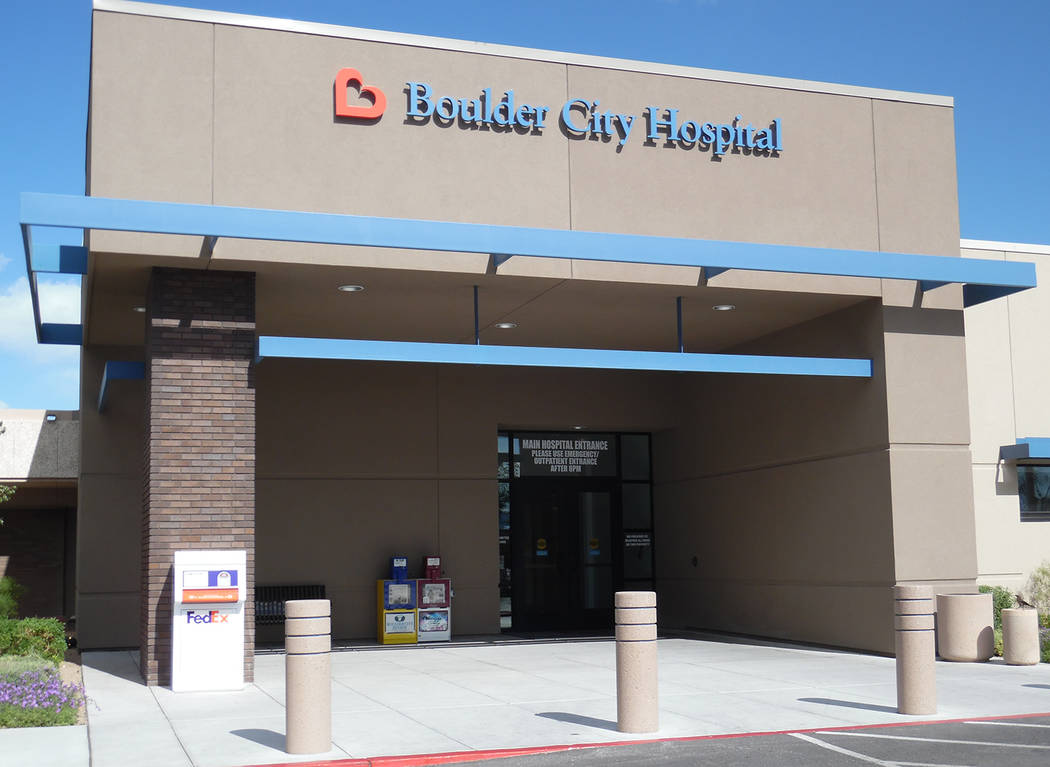Use medications as directed; take time to understand prescriptions
Adults over the age of 65 tend to take more medicines than any other age group. Staying on track with a medication regimen is not always easy. With each addition to that regimen, the risk of making a mistake increases. It’s important to take an active role in tracking your medications.
Here are a few tips for staying on track.
■ Keep a list of all your medications in a safe place, including any over-the-counter medicines, vitamins and herbal remedies. Your list should include the medicine name, the doctor who prescribed it (if applicable), how much you take and the time of day you take each medicine.
■ Revise your list when new medicines are added or when medicines are removed.
■ Bring your list when visiting a doctor or pharmacist.
■ Use a pillbox.
■ Put notes around the house to remind you to take your medicines each day.
■ If you have a smartphone, set recurring alarms to remind you to take your medicines.
■ Take medicines in a well-lit area; otherwise, you might make a mistake.
Medicines might act differently as you age, even if you have taken the same medicine for years. If you think your medicine is not working as it should, talk to your doctor. Be sure you understand what the side effects of your medication are before you start taking it. Call your doctor if you experience any side effects before you stop taking any medicines (unless otherwise directed).
Your doctor might need to switch your medication or he/she might be able to offer tips to help ease the side effects. Sometimes simply eating food with your medicines can ease any side effects or discomfort.
Taking your medication as directed might also help prevent side effects. If your medication should be taken on an empty stomach, you should take your medicine two hours before you eat or two hours after you eat.
Some over-the-counter medicines and herbal remedies might be dangerous to take with your prescription drugs. It is important to check with your doctor prior to taking any additional medicines in order to ensure that the medicines will not interact badly with your prescription medicines.
Ensure that you are taking the correct medicine and, if prescribed, make sure your name is on the label.
If you have questions regarding how to take the medicine, speak with your doctor or with a pharmacist. Follow the directions listed on the label of your medicine. Take the exact amounts at the times specified. You should not stop taking prescription drugs unless your doctor approves it, even if you are feeling better.
You should not take medication prescribed for others, and you should not give your prescription medicines to others.
Avoid drinking alcohol while on medications, unless your doctor says it is OK. Do not take medicines that are expired.
Here is a list of questions to ask your doctor about your medicines that you can take with you each time you visit your doctor. Be sure to document the answers and keep them handy when you are taking your medicines.
1. What is the name of the medicine and why am I taking it?
2. What medical condition does this medicine treat?
3. How many times a day should I take this medicine? How much medicine should I take?
4. How long will it take for this medicine to work? When should I stop taking it?
5. What should I do if I miss a dose?
6. Are there any side effects I should know about? When should I call you if I am having side effects?
7. Can I safely mix this medicine with the remedies, vitamins and over-the-counter drugs I am taking?
Before you leave the pharmacy with your medicine(s), be sure to:
■ Check the label on your medicine and make sure it has your name on it.
■ Make sure the directions are the same as your doctor said. If not, tell the pharmacist.
■ Make sure you can read and understand the directions on the bottle.
■ Ask if there are any special instructions on where to store a medicine.
For additional information, visit the National Institute of Aging at www.nia.nih.gov or Food and Drug Administration at www.fda.gov.
To Your Health is provided by the staff of Boulder City Hospital. For more information, call 702-293-4111, ext. 576, or visit bouldercityhospital.org.
















